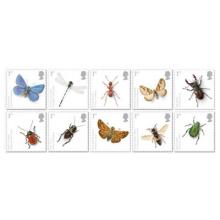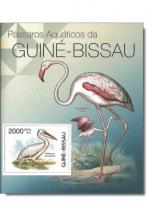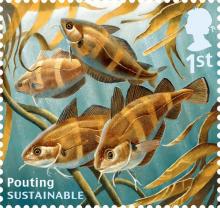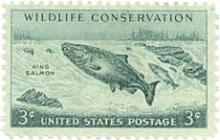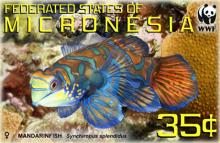The evidence that neonics are damaging our ecosystem is growing – and so is the case for organic food
Traditional farming and gardening has long taken a straightforward approach: if an unwanted plant or animal interferes, it is to be killed. We even developed a special vocabulary to help justify our actions: the animals were “vermin” and the plants were “weeds”. And, in the case of one hen-house plunderer, we came up with the elaborate ritual that is fox hunting, complete with a special ‘language of avoidance’ that anthropologists have found in cultures around the world (the fox is a “dog”, its face is a “mask”, its tail is a “brush”, the dogs are “hounds”).



